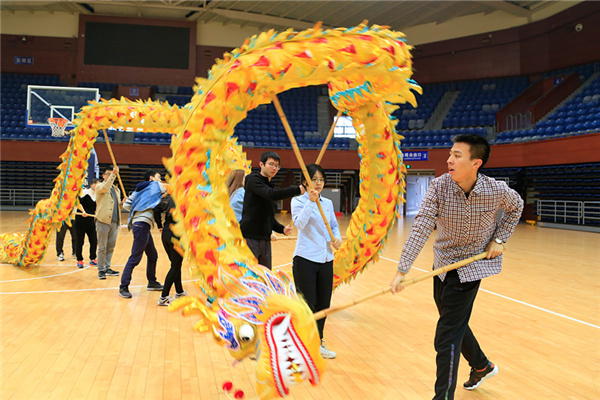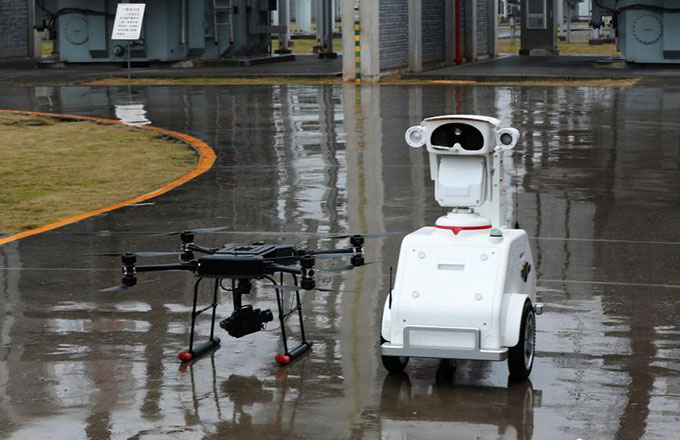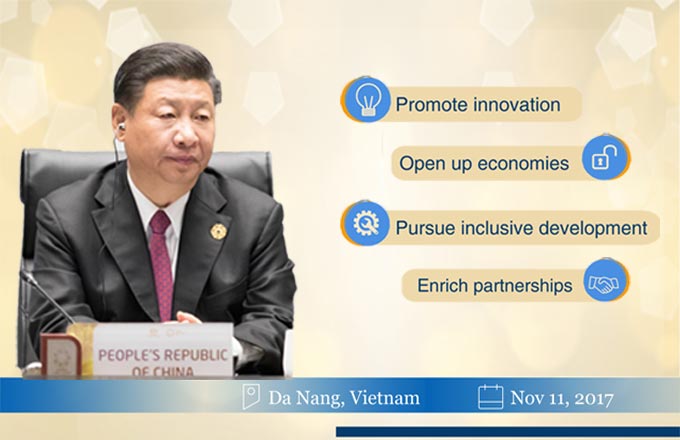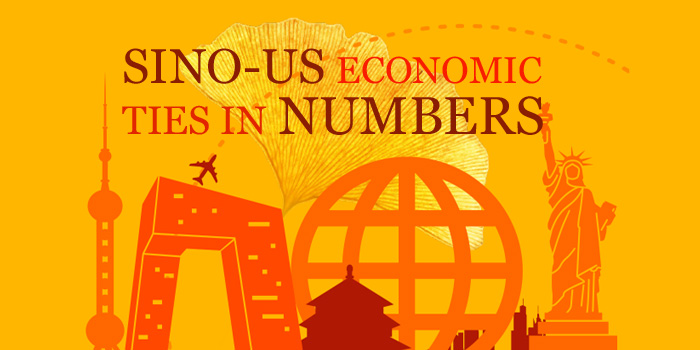China to make new breakthrough in quantum communication: CPC delegate
BEIJING -- Chinese researchers will soon make a new breakthrough in quantum communication after the world's first 2,000-km quantum communication line between Beijing and Shanghai went into operation in September, a senior university official said.
The team led by Pan Jianwei from the Chinese Academy of Sciences has continued deep research to optimize the transmission of the quantum communication line so a jam will not occur when the number of users increases, said Xu Wu, Communist Party chief of the University of Science and Technology of China based in Hefei, capital of east China's Anhui Province.
Due to the attenuation of optical fiber, relay stations are needed to extend the distance of quantum communication. There are more than 30 relay stations, with an average distance of about 80 km between them, on the Beijing-Shanghai line.
The research team is working to extend the distance between two stations to 300 or 500 km to cut the number of relay stations and consequently the overall cost, said Xu, one of the more than 2,200 delegates to the 19th National Congress of the Communist Party of China (CPC), which opened Wednesday in Beijing.
A breakthrough will be made in this regard in the near future, said the Party official, whose university is applying for a national laboratory in the quantum field.
Quantum communication has ultra-high security. It is impossible to wiretap, intercept or crack the information transmitted through this means.
The Beijing-Shanghai quantum communication line is connected to the world's first quantum satellite, which was launched by China in August last year, through a station in Beijing. The satellite is nicknamed Micius after a fifth century BC Chinese philosopher and scientist who has been credited as the first person to conduct optical experiments.
As it is a new type of communication, the line's operation might come across problems. The team will try to solve problems through further research to make the line better meet the needs of the country and the users, said Xu.






















